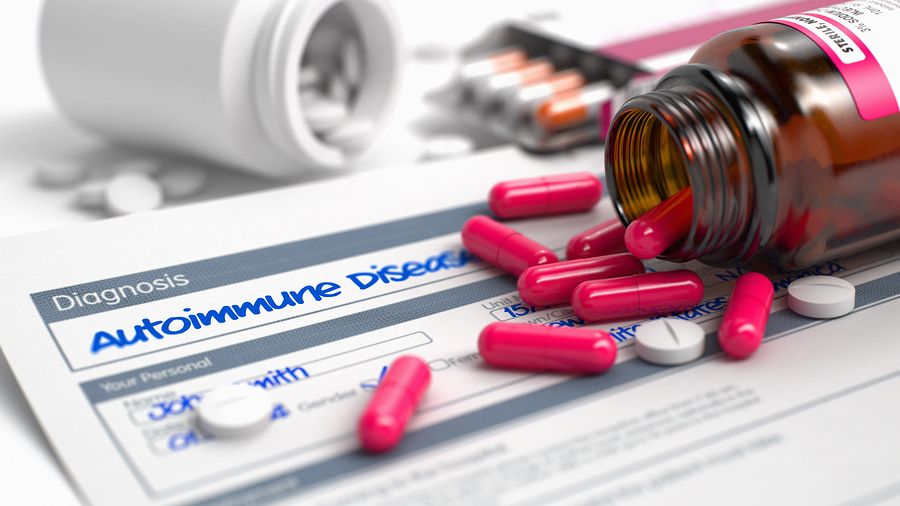Sjögren’s syndrome is an autoimmune disease where the immune system attacks moisture producing glands. Generally the patient has dry eyes and dry mouth, but the disease may also affect other organs, including the GI system, the kidneys, blood vessels, lungs, liver, central nervous system and pancreas. In the United States there are nearly 4,000,000 patients with this disease. They often experience extreme fatigue and joint pain. They have a high risk of developing lymphoma.
Low levels of sex hormones are associated with the disease and severity of symptoms. Research appearing in the Journal of Clinical Endocrinology and Metabolism (Mar. 24, 2009; Epub ahead of print) tested DHEA supplementation in patients with Sjögren’s syndrome. At the start of the nine-month long, double-blind, placebo-controlled study, subjects with primary Sjögren’s syndrome had low levels of DHEA and DHEA sulfate. Supplementation improved blood levels and decreased the symptom of dry mouth.
Fatty acid supplementation may also be of value. A study appearing in the journal Prostaglandins, Leukotreines and Essential Fatty Acids (1998;59(4):239-245) found that low DHA levels in cell membranes were associated with more severe symptoms in patients with primary Sjögren’s syndrome. Primary Sjögren’s syndrome is when the disease exists alone, without the presence of another autoimmune disease. About half of all patients have a second autoimmune disease along with the Sjögren’s syndrome, and half do not have a second disease.





